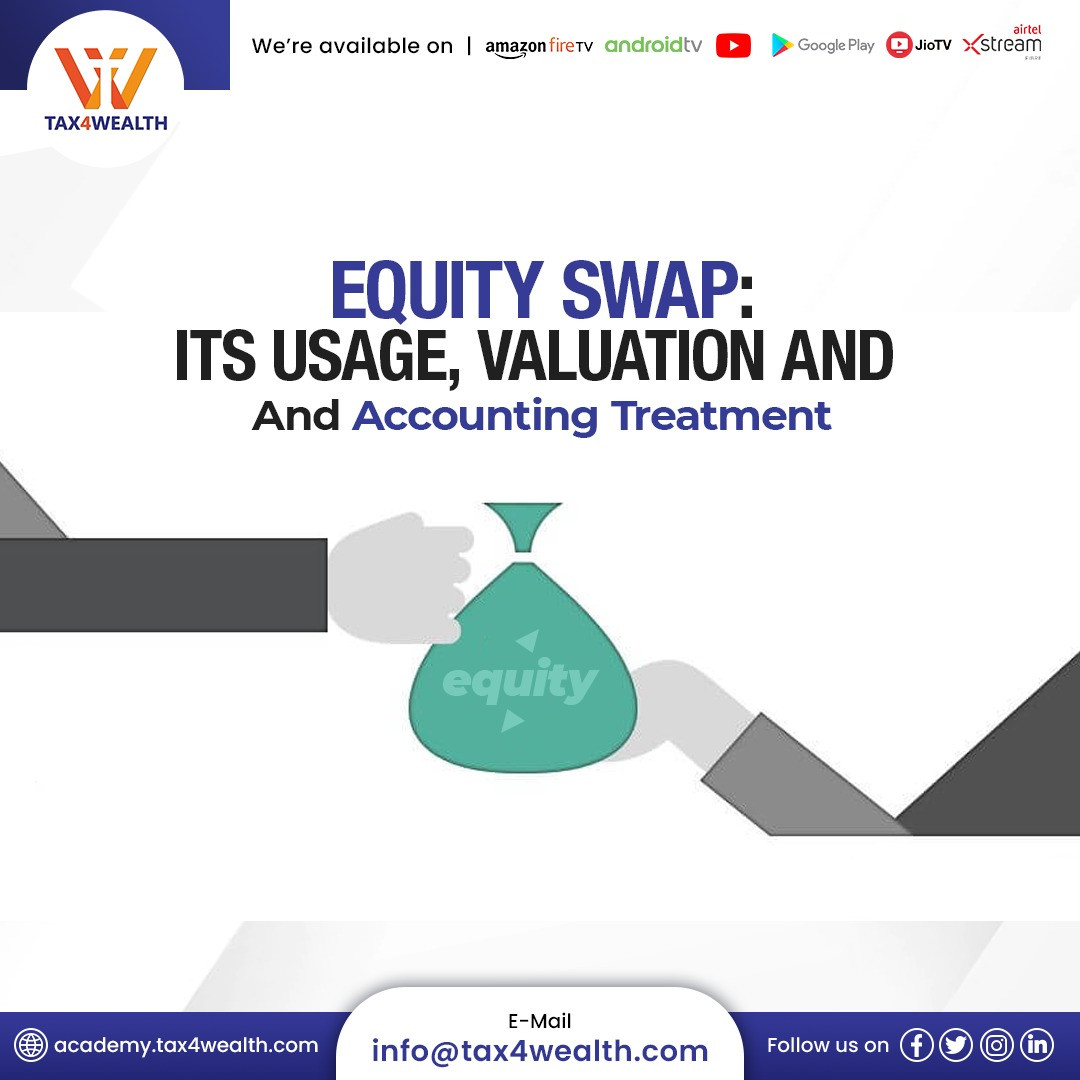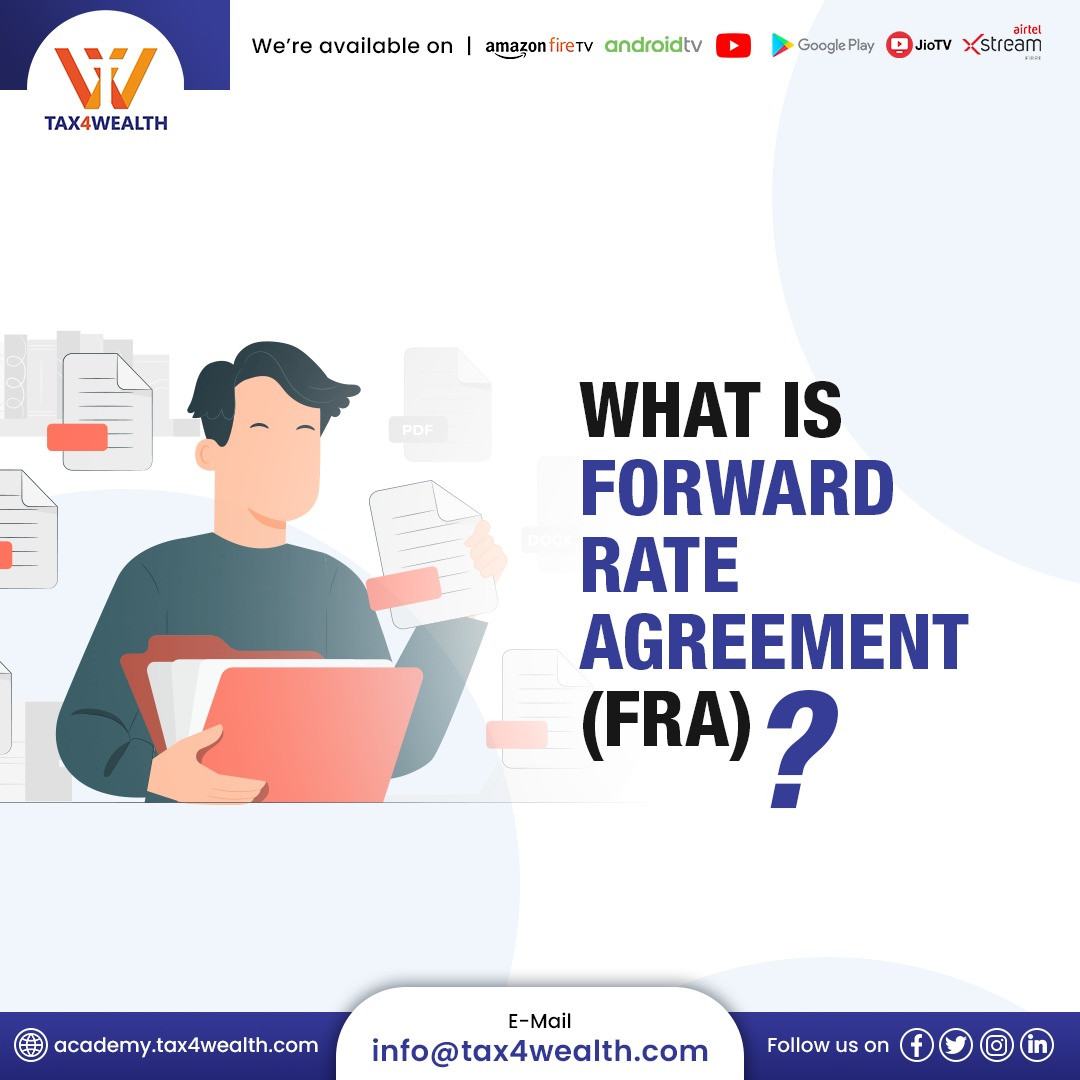
All About VC Funding
Introduction:
The term Venture Capital Funding can be defined as the capital that one gets from the investment groups working for small businesses and startups. The aforesaid groups look upon the investor's money who wants to invest in ventures having the strong and effective potential of growth in return for equity shares in the business. Venture Capital Funding is a mechanism for small businesses and startups to obtain money and start growing their businesses.
Most venture capital investments made are considered to be of high risk as well as higher profit opportunities. Generally, the investors look for the size of the company, Assets of the company, product development, etc while choosing the venture capital investment. As compared to other types of investment including mutual funds, hedge funds, etc, venture capital funds mainly focus on early-stage business investments.
The changes in the world of investment would have made venture capital funding more accessible to potential and legitimate investors on a global scale. Typically, venture capital firms have an active role in the investment and are often interested to take equity in a business so that they can provide guidance to the startup.
It is a very common aspect for a venture capital fund to invest small amounts in a large-scale startup hoping that the venture will grow into a profitable company. Also, providing capital will lead the fund to lessen the risk that comes with investment in new ventures.
What is Venture Capital Fund?
A venture capital fund is a pooled investment fund that manages the investor's money who are seeking a private equity stake in small, medium-sized enterprises and startups having strong growth potential. Generally, these investments are categorized as very high return opportunities.
Earlier, Venture Capital Funds were accessible only to professional venture capitalists. However, these days, investors also have the ability to participate in venture capital investments. Still, the venture capital funds are out of reach for potential investors.
Understanding Venture Capital Funds:
Venture capital (VC) refers to a type of equity funding that provides entrepreneurs and small businesses the ability to raise funds prior to starting of business operation or earning revenues. These are private equity investment vehicles that wish to invest in the ventures having high return opportunities based on the size of the company, its assets, and the product development stage.
Fundamentally, venture capital funds are different from hedge funds as well as mutual funds as in both of these funds the focus is mainly and specifically on early-stage investment. The firms receiving venture capital investments that have high growth potential are riskier. However, they have more long-term horizons. These funds play an active role in the investments made by them by providing guidance and holding a seat in the board meeting of the company. Therefore, Venture Capital plays a dominant role in the operation and management of the companies in the portfolio.
Generally, Venture Capital funds have portfolio returns that may resemble the bare approach to investing. Most of these funds are likely to make small bets on a wide range of new startups thinking that at least one of the startups will achieve growth and reward the fund in a comparative payout in the end. This provides the venture capital fund to mitigate the risk that other investments will fold.
How to Operate a Venture Capital Fund?
Generally, Venture capital investments are termed as seed capital or expansion-stage funding, or early-stage funding which completely depends on the level of maturity at the time of investment in the business. However, irrespective of the stage of investment, most venture capital funds operate in similar ways.
Compared to other pooled investment funds, most venture capital funds are raised funds from investors outside before investing on their own. A prospectus is provided to the potential investors of the venture capital fund who wishes to invest in the said fund. Most of the potential investors want to make a commitment, and then they are known as fund operators. Accordingly, individual investment funds are finalized.
Venture Capital Fund Returns:
When a portfolio company exits, then investors of a VC fund start making returns either in a merger or acquisition or through IPO. A common fee is arranged which is a standard in venture capital and private equity that is 2 and 20 respectively. Here 2 refers to 2% of AUM and 20 refers to incentive fees of 20% of profits made by the funds above the pre-determined benchmark. In case, the profit is made off the exit, then the funds take a percentage of the profit which maybe around 20% excluding the annual management fee.
However, the expected rate of returns is generally based on the risk profile and industry. Typically, a venture capital fund aims for a gross rate of return of 30%.
Venture Capital Firms and Funds:
There are a variety of Venture capitalists and venture capital firms that fund different types of businesses ranging from dot-com companies to peer-to-peer-lending ventures. Generally, to open a fund, high net worth individuals, businesses seeking additional investment options, and other venture funds, money is invested in some of the startups at the early stage which is known as the venture capital's portfolio ventures or companies.
Mostly, Venture capital funds are raising more money as compared to other funds available in the market. As per the software and financial data company Pitchbook, by the end of the year 2019, the venture capital industry invested around $136.5 billion in startups based in the United States of America. In the same year, the total venture capital deals were around 11,000 which is high to date as reported by Pitchbook. Further, it also mentioned that there is an increase in the fund's size with the medium fund size around $82 million.
How Do Venture Capital Funds Work?
Depending on the maturity level of the business when the investment is made, the Venture Capital investments are categorized as seed capital or expansion-stage capital, or early-stage capital. However, it does not matter in which stage of business the investment is in, at all the stages the process of investment is the same.
Venture capital funds raise money prior to making any sort of investment. The said funds provide a prospectus to the potential investors who can decide if they want to proceed with adding money to the said fund or not. The operators of the funds secure every investment that is being made.
The Venture Capital fund always seeks private equity investment which brings positive returns.
The said process can take an ample time and sometimes requires sorting the best ones among hundreds of business plans of companies having the highest growth potential. The fund managers are the persons who will make the final decisions based on the expectation of the investors.
After finalizing the investment, most of the funds charge 2% as annual fees that will contribute towards paying the salaries of the directors of the companies and bear other operating costs. Some of the funds may also charge for capital invested or lesser fees once the investment lasted more than a year or two.
Returns are provided to the investors of the venture capital funds when the company is planning to leave the fund. This may happen with the help of an IPO or due to a merger or acquisition by a large-scale company. They said to maintain a portion of profits when a venture exists which equals 20%. However, the expected returns may vary according to the types of portfolio companies and economic state. But the venture capital funds aim for a gross return of 30%.
Stages of Venture Capital Funding:
Many services, devices, and applications that people daily use venture capital funding. These include famous services such as Uber, Lyft, etc. Startups in India have been getting funded lately. In the year 2013, the total venture capital funding was around $11 billion. This is an increase of 17% prior to a year.
It is to be noted that all startups may not use venture capital funding. According to a survey, less than 1% of startups get a deal with a venture capital fund. Getting the right venture capital investor can help to start a business easily and gain powerful and experienced partners as well as funding.
Venture capital funds are also funding new entrepreneurs based on technology and attention. Prior to bitcoin being a household name, a venture capital fund landed a deal in the year 2014 and its growth potential can see these days.
The first stage of Venture capital funding is for seed capital. The aforesaid round is known as the seed stage as it is the earliest stage of investment. Typically, seed capital is small and provided to companies that do not have a product of their own that is ready for commercial distribution.
The money gained from seed funding is mostly used for development and research. This suggests that startup founders pitch an idea and not a tangible product. Seed capital is more often used for hiring team members and making research products and their marketability.
Related News
No comments yet, Be the first to comment.













